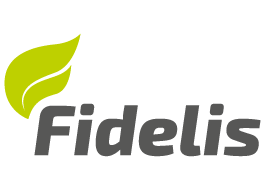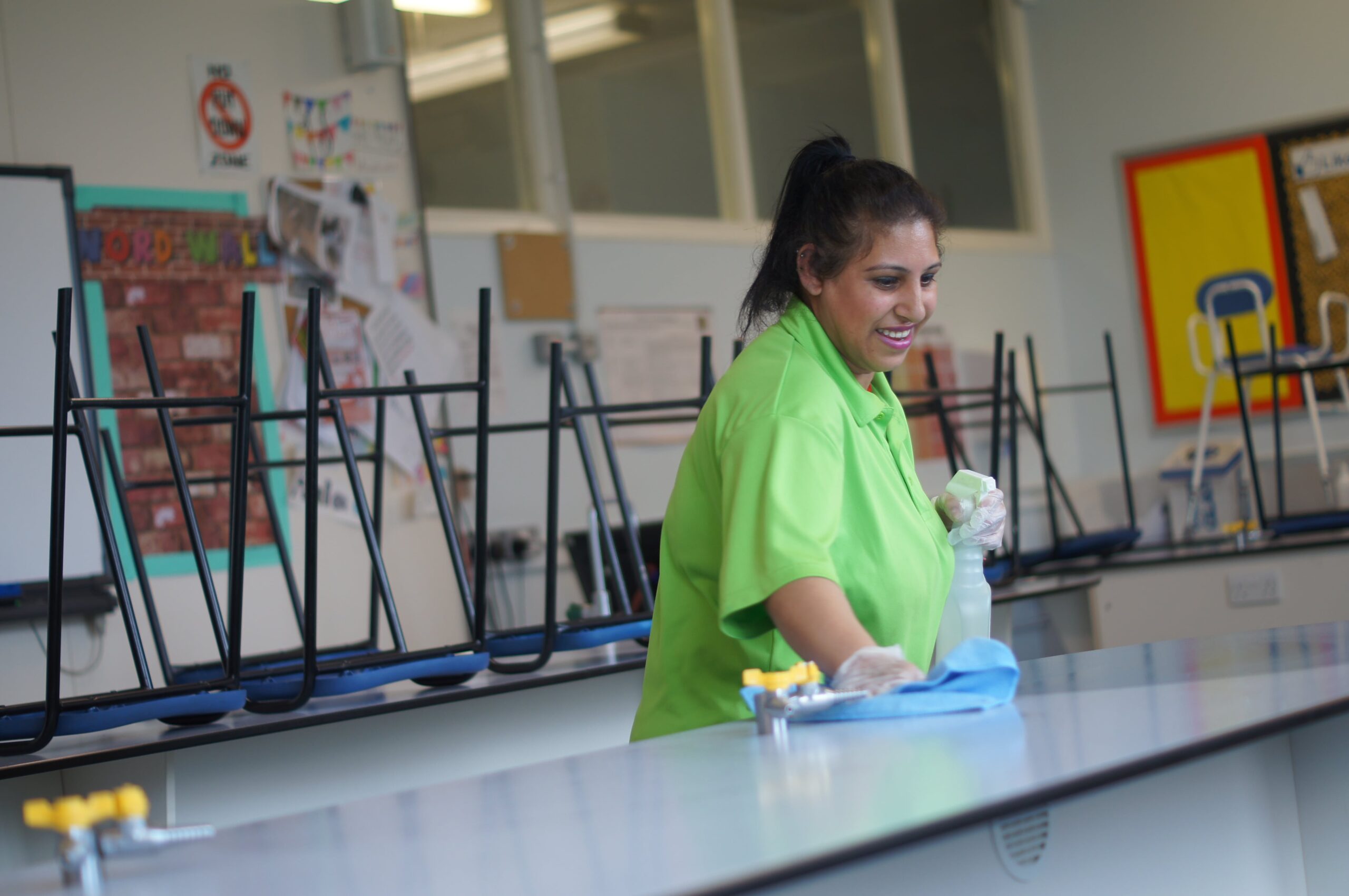Over the past two years, cleaning has been in the spotlight as we’ve dealt with the outbreak of a new disease and deployed infection control in a range of settings. For the education sector, there is evidence that schools simply didn’t have the experience or support to contain the virus successfully. At certain times during the Covid-19 pandemic when schools have been open, children aged 2-11 have had the highest rate of infection of any age group in the UK. This begs the question of whether current cleaning and hygiene standards within schools are adequate. And now lateral flow tests are no longer routinely available, what needs to change? The online journal Tomorrow’s Cleaning recently published an article by Ian Ansermoz, our Head of Operations, on the topic of school cleaning. We’re taking the opportunity to look at the lessons which the Covid-19 pandemic has taught us when it comes to school cleaning.
Setting new standards for school cleaning by changing the culture
Moving forward, cleaning standards in educational settings need to improve to ensure infection prevention and control. This will better protect students and staff in the event of another pandemic, as well as dealing with endemic diseases. After all, young children are particularly prone to respiratory diseases such as colds, influenza and pneumonia, and digestive illnesses such as norovirus. Reactive deep cleans and fogging are proven to be an effective way of eliminating viruses and reducing the spread of germs in schools. But they’re simply not enough to deal with new infectious viruses such as Covid-19 that spread at a rapid rate.
Here at Fidelis, we’re able to work with our school cleaning clients to embed prevention practices into their school culture. School children are often not aware of hygiene standards and making them responsible for their own hygiene is not an effective way to meet expectations. It’s important for schools to establish a culture of hygiene that becomes embedded into the everyday routine of the students. A priority is to maintain the message on the importance of hygiene best practices, such as hand washing hands with soap and water for at least 20 seconds.
Precautionary sanitisation and high touch surfaces
The pandemic highlighted that end-of-the-day deep cleaning at schools is not sufficient to stop the spread of a virus. Importantly, it’s hard to tell exactly how long Covid-19 and other pathogens can live on surfaces. This varies depending on the amount of contaminated body fluid, the type of surface, the temperature and humidity. These are all factors that determine how long the virus survives. However, using the correct two-stage cleaning and disinfection routine will kill them. Before disinfecting any surface, you should clean it with detergent or warm water. Without cleaning the surface beforehand, there may still be dirt and grime which can reduce the efficacy of disinfectants.
Here at Fidelis, we can offer precautionary sanitation services as a way for schools to offer reassurance to parents, staff, and children of protection from a future outbreak. This service comes in the form of additional labour on top of the regular end-of-day deep cleans. Operatives conduct regular sweeps of the school premises acting as a housekeeper, sanitising high-touch points and high-risk areas periodically throughout the day during school lunch breaks and class changeovers. Regular cleaning like this offers more robust protection against viruses and bacteria that linger on surfaces.
High-quality, child-friendly cleaning products
It’s easy to think that because you’re using a harsh cleaning chemical you’re keeping germs at bay. But the reality is that cleaning products themselves may not be safe, especially in schools with young children. They commonly contain hazardous material and chemicals that are dangerous for the body and are often used without protection.
Using neutral cleaning products is the best way to promote a safe environment for students and staff. Not only do they provide short-term protection against colds and other regular viruses, but to long-term health as well. The chemicals used in harsh cleaning products can sometimes be harmful to human health and to the environment. By investing in neutral cleaning products, schools can improve their environmental impact. And that’s something we’re committed to here at Fidelis, with our focus on sustainable, ethical cleaning.
Fidelis remains at the forefront of school cleaning
All our cleaning operatives are fully trained and DBS checked, to provide the highest standards of safety for schools. It’s part of our commitment to delivering contract cleaning excellence. We’ve certainly learnt the lessons of the pandemic – and we’re in a position to share our experience and expertise. And we’re really pleased that we’ll be fulfilling a new three-year contract with a new client in the education sector won by our parent company, REACT Group plc.
You can read Ian’s article in Tomorrow’s Cleaning here: https://bit.ly/3Ohmp9e
To find out more about Fidelis Group and our approach to school cleaning, contact one of the team today.
- Telephone: 0845 431 0382 | 0121 289 3258
- Email: info@fidelisgroup.co.uk
Post by Jon Shaw
Jon is Managing Director at Fidelis Contract Services Ltd, a business dedicated to performance and professionalism in contract cleaning. Having been part of Fidelis for four years, and MD since December 2021, Jon knows the value of the company’s staff in building trust for successful long-term partnerships with clients in a range of sectors.
Back to news
